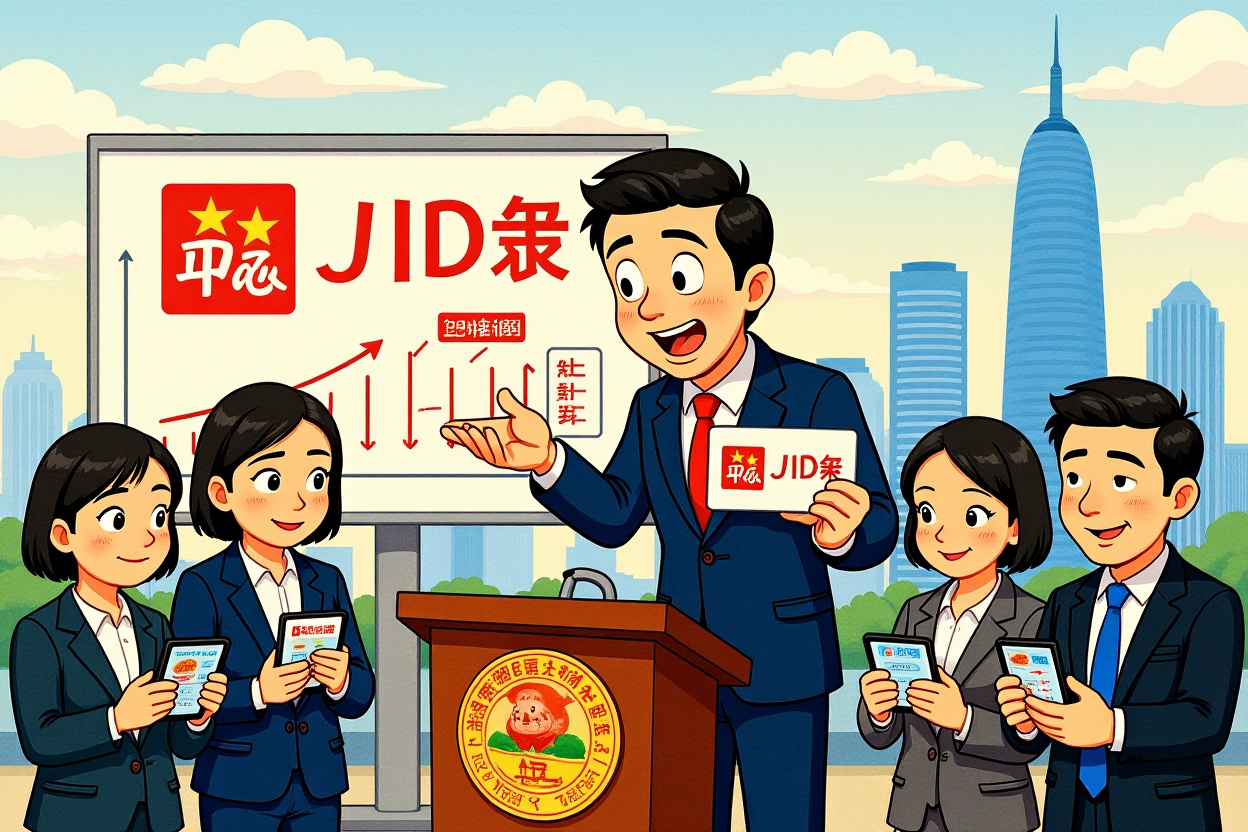JD.com’s Vision for Premium Food Delivery Revolution
JD.com founder and Chairman Richard Liu (刘强东) has unveiled an ambitious strategy to transform China’s food delivery landscape through premium offerings and technological innovation. Speaking at a JD.com wine tasting event on September 16th, Liu articulated his vision for elevating the entire food delivery ecosystem while addressing broader industry challenges facing Chinese e-commerce players.
Three-Pronged Approach to Food Delivery Excellence
Liu detailed JD.com’s food delivery strategy through three distinct approaches that challenge conventional market practices. The company aims to deliver Michelin-standard meals at accessible price points, revolutionize trust in delivered meals, and democratize high-end cooking through technology.
- Premium accessibility: Offering Michelin three-star chef quality meals for approximately 25 RMB
- Trust building: Establishing dinner-party worthy delivery options that overcome safety concerns
- Technology empowerment: Enabling novice cooks to prepare Michelin-level dishes through innovative solutions
Addressing China’s Food Safety Challenges
Liu positioned JD.com’s food delivery ambitions within the broader context of China’s ongoing food safety evolution. He emphasized that the country has reached a pivotal moment where comprehensive food safety solutions must become the industry standard rather than the exception.
Global Ambitions for Chinese Cuisine
The JD.com chairman expressed strong confidence in Chinese culinary traditions, stating his aspiration for Chinese cuisine to eventually represent over 50% of global Michelin-starred restaurants. This vision extends beyond business objectives to cultural promotion and national pride in Chinese gastronomy.
Redefining Industry Competition Standards
Liu presented a nuanced perspective on the intense competition characterizing China’s e-commerce sector, distinguishing between destructive price wars and quality-focused innovation. His comments come amid increasing regulatory scrutiny of platform business practices and growing concerns about unsustainable competition.
The Concept of ‘Upward Volume’
Liu introduced the concept of ‘向上卷’ (upward competition), advocating for competition based on quality, ingredients, and service excellence rather than destructive price reduction. He criticized the race to the bottom where businesses, workers, and government all lose through inadequate pricing that eliminates profit margins and tax revenue.
- Quality competition: Focusing on product excellence rather than price reduction
- Industry sustainability: Ensuring adequate profit margins for healthy business operations
- Stakeholder benefits: Creating value for employees, businesses, and government through proper pricing
Entrepreneur Relationships and Industry Dynamics
In perhaps the most revealing segment, Liu addressed his relationships with fellow tech entrepreneurs, specifically mentioning Meituan CEO Wang Xing (王兴) and others. His comments shed light on the complex interpersonal dynamics within China’s technology leadership circle.
Professional Rivalry vs Personal Animosity
Liu emphasized the importance of maintaining professional boundaries in business competition, stating that entrepreneurs should not let commercial rivalries evolve into personal conflicts. He specifically expressed admiration for Wang Xing (‘兴哥’) while acknowledging their competitive positions in overlapping market segments.
The JD.com founder advocated for simpler approaches to business competition, urging private enterprises to focus on business models, value creation, and reputation building rather than political maneuvering or personal conflicts. He noted that excessive complexity carries significant costs for businesses operating in China’s dynamic market environment.
Market Implications and Strategic Positioning
Liu’s comments arrive at a critical juncture for China’s platform companies as they navigate increasing regulatory attention, changing consumption patterns, and evolving competitive dynamics. His emphasis on premium food delivery represents a strategic differentiation from existing market players.
Industry-Wide Impact
The vision articulated by Liu suggests potential market restructuring across multiple sectors including food delivery, logistics, and platform services. By advocating for sustainable competition and quality focus, JD.com positions itself as an industry leader in responsible capitalism while addressing consumer concerns about food safety and quality.
Future Outlook for Chinese E-commerce
Richard Liu’s comprehensive vision for JD.com’s food delivery business and his commentary on industry competition provide valuable insights into the future direction of Chinese e-commerce. The emphasis on premium experiences, technological innovation, and sustainable business practices signals broader industry trends that may reshape market dynamics.
Strategic Recommendations for Market Participants
For investors and industry observers, Liu’s comments suggest several important considerations when evaluating Chinese e-commerce and platform companies:
- Prioritize companies with clear quality differentiation strategies
- Assess sustainability of business models beyond price competition
- Evaluate management approaches to industry relationships and regulatory compliance
- Monitor technological innovation in delivery and logistics infrastructure
JD.com’s push into premium food delivery represents more than just another market entry—it signals a fundamental shift in how major platforms view their role in consumer ecosystems. By focusing on quality, safety, and sustainability, Liu positions JD.com as a leader in the next phase of China’s digital economy development. This approach may ultimately redefine success metrics for platform companies beyond gross merchandise volume and user acquisition costs.
For sophisticated investors and business professionals tracking Chinese equity markets, understanding these strategic shifts becomes crucial for identifying companies positioned for long-term success. The emphasis on sustainable competition, quality focus, and stakeholder value alignment reflects broader trends that may separate future winners from those stuck in destructive competition patterns.




